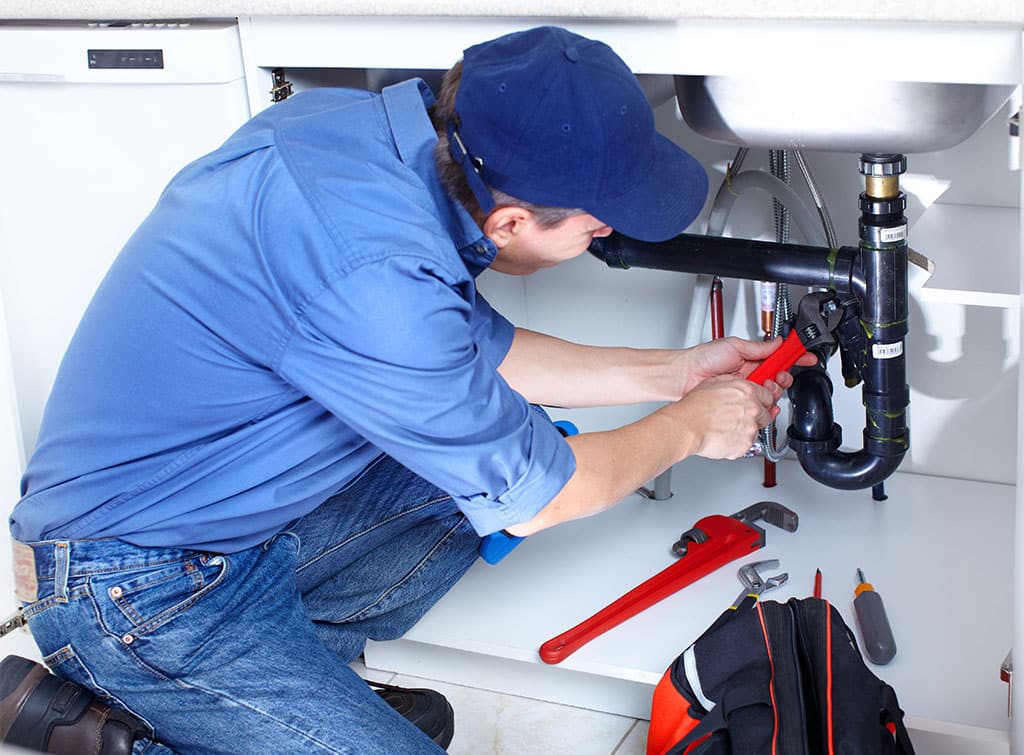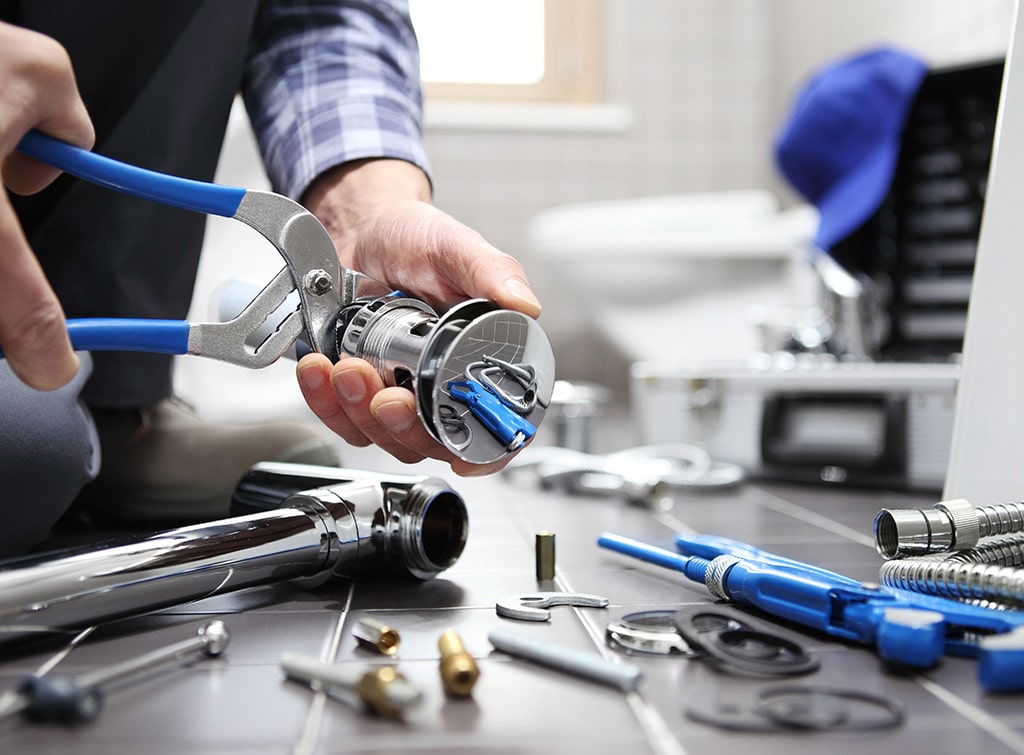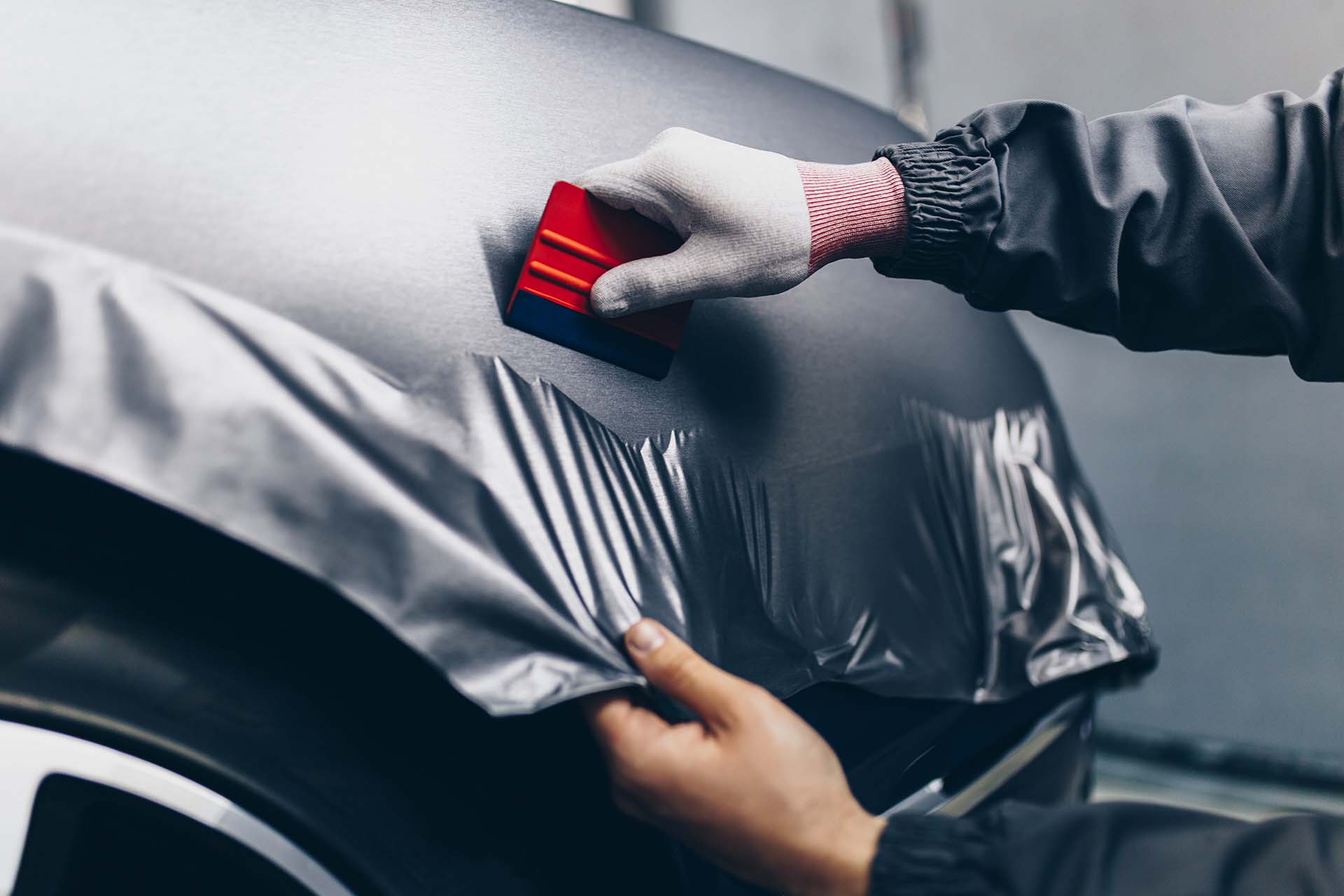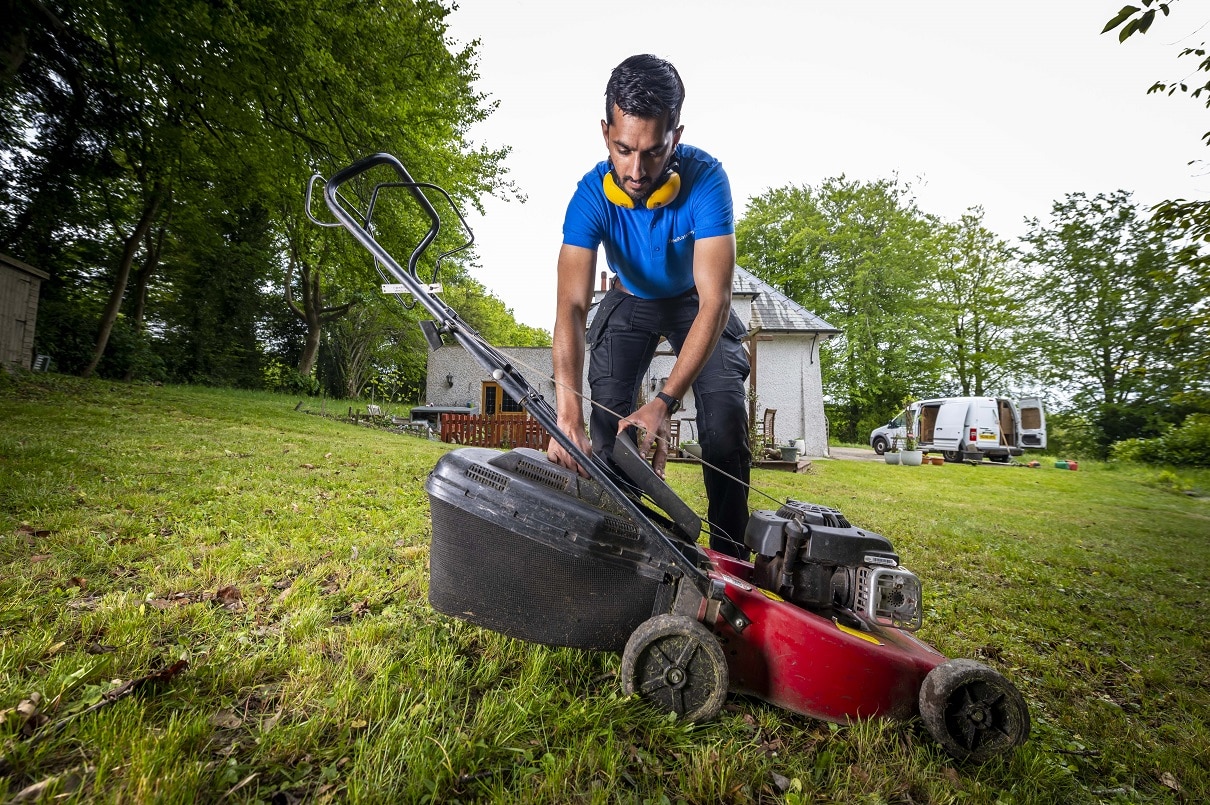Blog>Trade>Starting a Business>How to start a plumbing business
Last updated: 3 January 2025
How to start a plumbing business
Plumbing is a trade that will never go out of fashion, which makes starting your own business in this area a great investment. From registering to properly marketing, here's our guide on how to start a plumbing business.
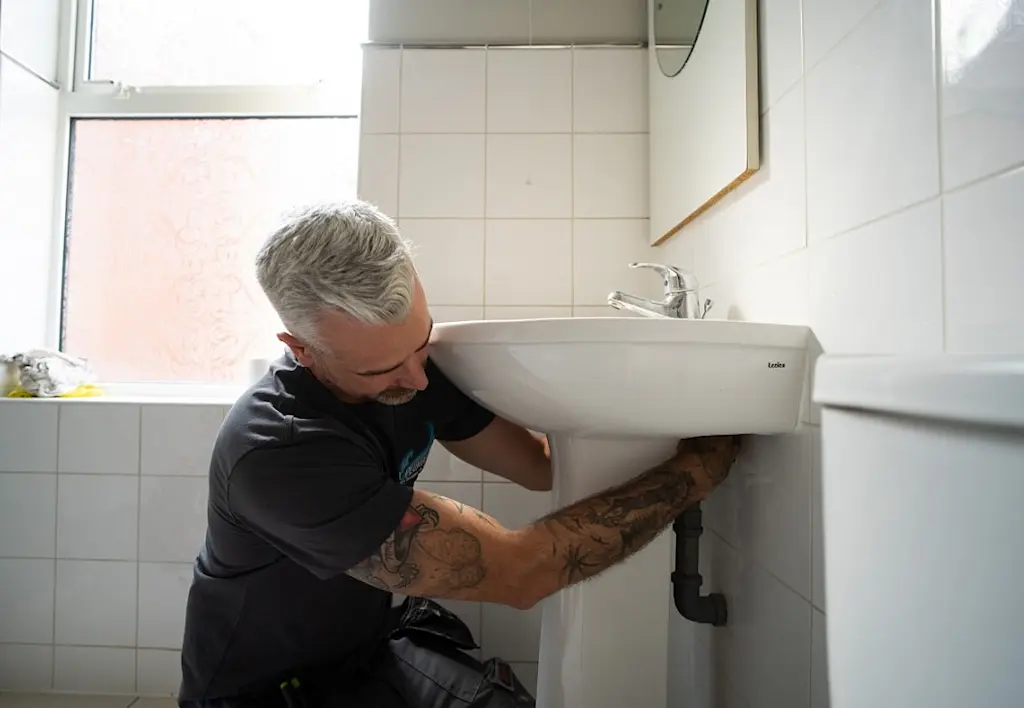
If you looking to start a plumbing business, this guide will cover everything you need to know from writing a business plan to promoting your services.
When it comes to trades, few are more important than plumbing and different types of plumbers are always in demand.
In fact, in 2024 alone,the Checkatrade website had over 1.8 million job searches for plumbing work– including over 115,000 just for emergency plumbing services.*
With such demand, there’s never a bad time to start a plumbing business! So, let's get started...
Why start a plumbing business?
Starting your own business can be a hugely exciting venture, and here are just some of the reasons why you might want to start a plumbing business:
Constant demand for plumbers – There's always a need for plumbing services, especially for emergencies
Be your own boss – Starting a business means you get to set your own hours and focus on the work you want
Good job security – Because plumbing is so popular you should always be able to find work, even when the economy is struggling
Job satisfaction – As a successful plumber, you get to solve problems and help people on a daily basis
Make the most of your plumbing experience – If you already have experience in plumbing, you can use that knowledge to grow a successful business
So, if you're a skilled plumber looking for a rewarding career, starting your own plumbing business could be the perfect next step.
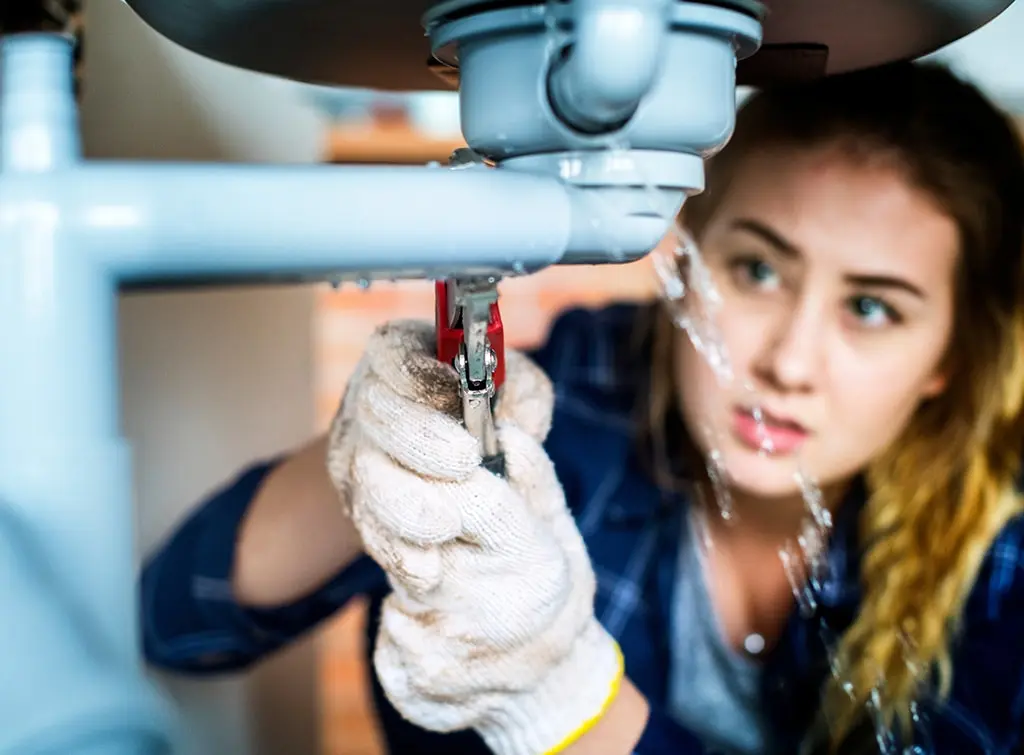
Types of plumbing work
When planning your new plumbing business, it's useful to consider which services you can and want to offer.
Some of the most common plumbing services in demand in the UK include:
Boiler installation and repair
Central heating systems
Water supply and drainage
Emergency plumbing
The services you offer will typically depend on your skill set, experience and personal interests. But, as a business owner, you get to choose the type of work you want to offer.
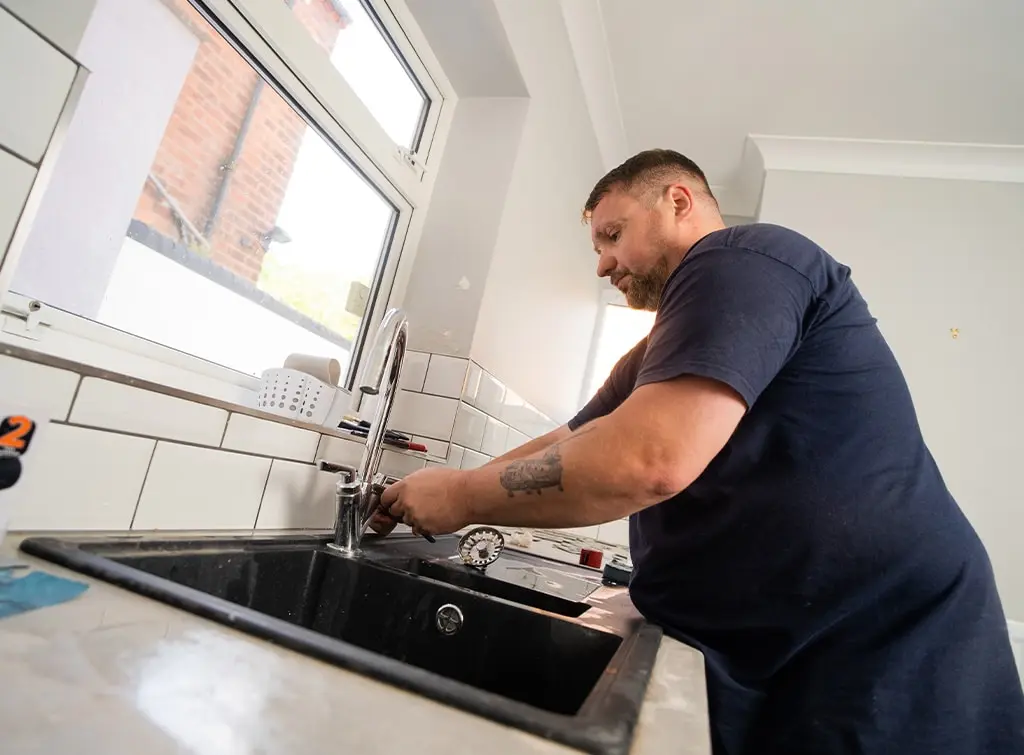
What business skills does a plumber need?
There's more to running a plumbing business than just pipe work. You’re going to need a variety of other skills to run a successful business.
With this in mind, we recommend taking time to develop the following skills:
In-depth plumbing knowledge – you need to know everything about the industry and its specialist areas to meet your customers' needs
Entry-level building and construction knowledge – having a basic level of knowledge of building and construction will help you navigate different plumbing systems
Attention to detail – having an eye for errors and getting pipes aligned perfectly will help you deliver great results
Problem-solving skills – some installations and issues will be trickier, meaning you need to be able to identify these problems and solve them quickly
Mathematical knowledge – good mathematical knowledge will make planning installations much easier
Teamwork skills – not all plumbers work on their own, so you’ll need to have the right teamwork skills to work with others
Initiative and innovation – many pipe installation jobs can prove more complex than first thought, but taking the initiative with innovation can help mitigate these
Customer service skills – running a business means consistently communicating with customers in a professional and positive way
Computer skills – most modern businesses work online to some degree, so you'll need basic computing skills to run your company
Management training – as with teamwork skills, if you plan on managing more junior plumbers beneath you, then it’s best to seek appropriate management training
As you can see, there is a lot to think about here. But if you’d like more advice, we recommend starting with our series about becoming your own boss.
Ready to start your plumbing business?
Grow your new trade venture with Checkatrade, today
What you need to know about becoming a plumber
Why you should think about becoming a plumber If there’s one type of trade that’s continually in demand, it's plumbing. Needed in both domestic and commercial roles alike, plumbing is an essential part of any building project. And that means you’ll never be sort of work or a decent salary. However
How to start a plumbing business from scratch
Ok, with the opening stages of making a business covered, let’s look at how to bring it to life. And to make this as simple as possible, we’ve identified four key areas for you to start with:
1. Create your plumbing business plan
Like any business you’re intent on setting up, the first thing you’ll need to create is a business plan. This will be the core of your business.
Here, you’ll note down everything from setting realistic financial targets for your business to detailing how you plan to achieve them.
In turn, this helps you to find your niche, ensuring you can stand out in a potentially crowded market.
To get started with this, we recommend something that covers the following:
Business goals – the aims of your business and how you plan to achieve them
Potential startup costs – how you intend to finance your business initially
Future financial management – how you intend to handle your business’s finances in the future
Service offering – what sort of services you plan to offer your customers
Target audience – what area of plumbing you plan to work in, i.e., domestic or commercial roles
Business prices- how much you plan to charge for your services
Area of operation- where you plan to operate your services in
Marketing strategy – what tactics and methods you plan to use to market your business
Work hours – how many hours a week you plan to work, as well as whether or not you plan to work weekends
Take your time to consider all of these different points, so you have a thorough business plan. To help you structure your plan, download our free business plan template below:
2. Register your business
Once you have a clear business plan, the next step is to register your business with HMRC. And settle on a name for your plumbing business.
At this stage, you'll also need to decide whether you want to set up as a sole trader or a limited company.
Like your business plan, take your time researching these two options. You want to give yourself a full understanding to know which option is right for you.
Each has its own pros and cons, and one will likely suit your business plan better than the other.
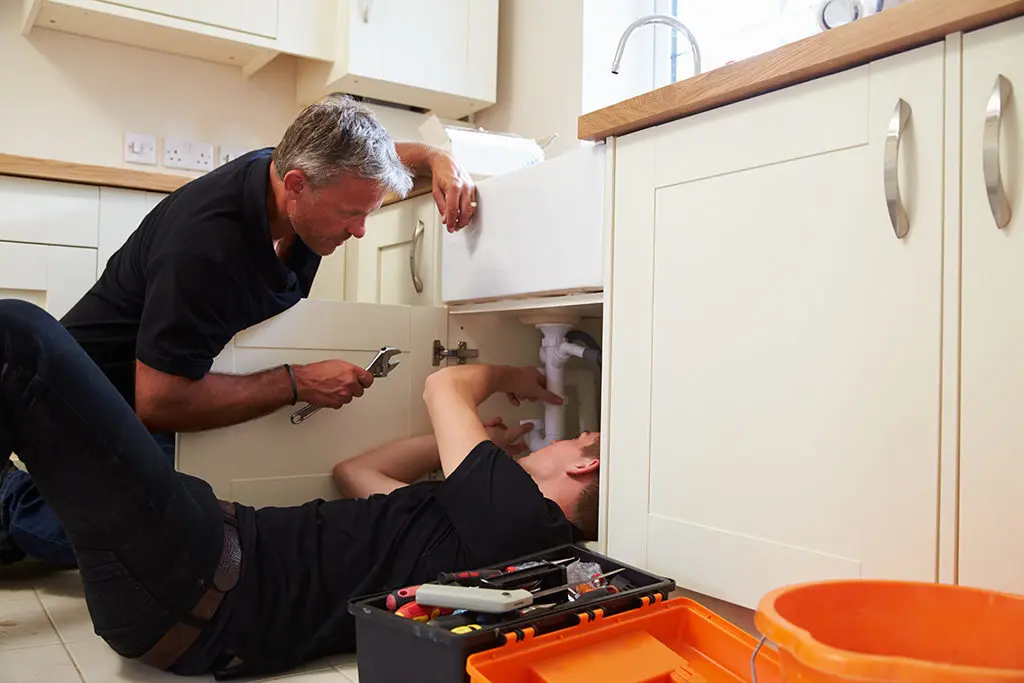
3. Invest in the right plumbing tools
Finally, with all these important business necessities covered, it’s time to buy your tools and plumbing PPE. You’ll want to invest in a diverse selection so you can meet any problems head-on. That’s why we recommend investing in the following:
Gloves
Goggles
A variety of adjustable wrenches
A faucet key
A drain inspection camera
A plunger snake machine
Jetting machines
A hand auger
A hacksaw
A tube cutter
Pipe and tube benders
A plumber’s torch
Thread sealing tape
A hole saw kit
Self-locking pliers (aka “Mole” grips)
Pliers
Press fittings
A pipe threader
These are just the main tools to pick up. But we've also covered what we think are the best tools for plumbers. As well as handy plumber apps and software you might want to try. In case you need any other ideas!
When starting out, it can feel like a lot of tools to purchase. But it’s better to invest now, so you can start off on the right foot.
Investing in good quality tools will also make doing your job that much easier. Plus, you shouldn't have to replace them for several years at least.
And remember, with Checkatrade you can enjoy great savings on tools bought from our partners once you sign up.
Save money on your tools with Checkatrade
Our members save ££££s every year on business essentials
4. Set up your plumber’s insurance
With your business registered, it’s time to organise insurance. This is essential to protect your new venture’s reputation and finances in the event of damage, accidents or injuries.
Both personal and public cover should be included in your insurance package, alongside tool and vehicle protection.
Find out more in our guide to plumber's insurance for your new business.
5. Plan your accounting and bookkeeping
A core aspect of running a successful business is knowing how to manage finances and stay on top of bookkeeping to stay profitable.
If you’ve never run your own business before, this can be an intimidating prospect. And, if numbers aren't your strength, it might be a good idea to find an accountant to do it for you.
What's the difference between bookkeeping and accounting?
What's the main difference between bookkeeping and accounting? So, what is the difference between bookkeeping and accounting? Well, to put it simply: Bookkeeping is the process of recording and organising financial transactions Accounting is the next stage in the process, which interprets, analyses
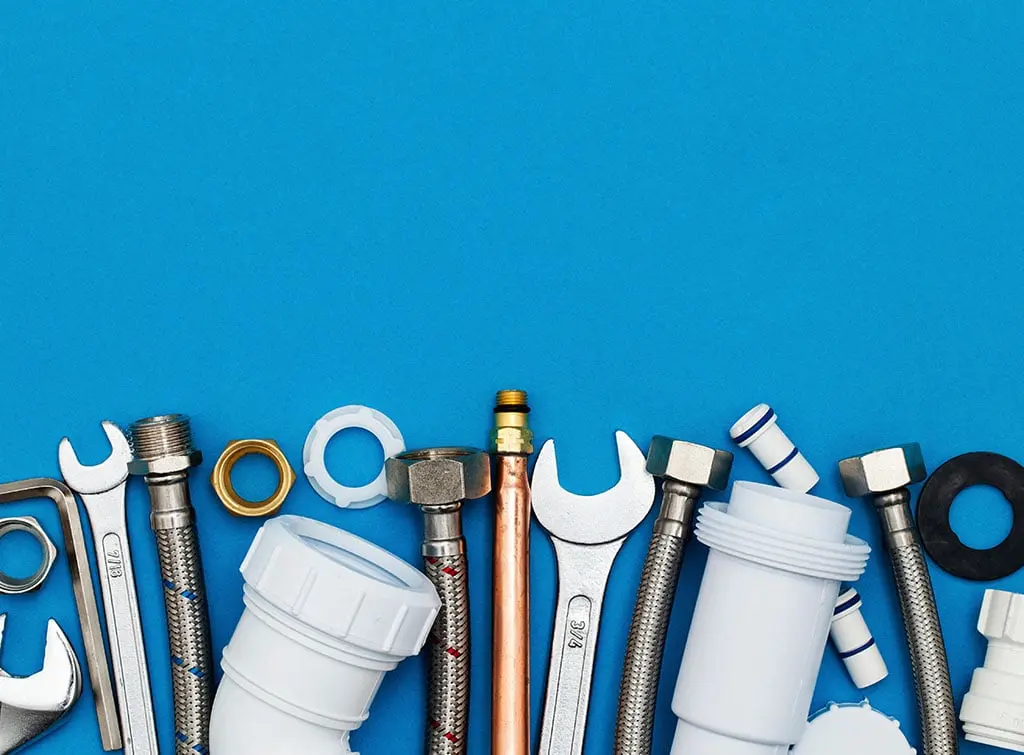
6. Promote your plumbing business
Once your plumbing business is set up and ready to start trading, it’s time to let everyone know about it.
The best way to get the word out is to combine a variety of marketing and advertising activities, including:
Digital marketing that includes a well-designed business website that’s optimised for SEO, social media activity, and paid online ads
Traditional print marketing that targets potential customers in your local area
Word of mouth encouraged by you offering first-rate plumbing services – and maybe a referral scheme
It’s worth noting that every business is different, so try different ways to promote your business and see what works. Then do more of that.

Plumbing business start-up costs
A key part of planning your plumbing business is understanding what it will cost to get your business up and running.
There's no set figure for how much it will cost you to start a plumbing business. But it pays to do your homework.
To not get caught out, consider the following plumbing business start-up costs in the UK:
Initial business costs
Business registration
Insurance – Public Liability Insurance, Professional Indemnity Insurance, tools insurance and vehicle insurance
Legal support
Accounting and bookkeeping
Tools and equipment
Basic tools
Specialist plumbing tools
Van or vehicle
Marketing and advertising:
Website design
Business cards and flyers
Online advertising
The exact costs will depend on your individual business set-up and services. But the more financial planning you do the more likely you are to succeed with your plumbing business.
Scaling your business
From here on out, your plumbing business should be more than ready to go. However, that’s no reason not to start planning for how you intend to grow in the future.
As a business owner, you can set your own going rate, work hours, and the types of clients you take on. And if you market your business effectively, you’re likely to take home a tidy sum.
Qualified and experienced self-employed plumbers with a good reputation can earn a lot of money, often more than £64,902 per year.
With that in mind, here are the four key areas to look at when scaling your business:
Streamlining – for effective scaling, every aspect of your business needs to flow seamlessly into one another
Finances – being on top of your finances is also crucial - be sure to have a financial safety net in place before expanding
Work quality – if there’s one area of many businesses that slips as they grow, it’s the quality of their work
Team members – as your business gets bigger, so will the need for additional staff - be sure to hire before you begin expanding in earnest
Building a new business should give you a great amount of pride and satisfaction. If you're not making much profit, you may begin to feel a little disheartened. But don't stop there!
When you're confident that you can expand without issue, you can start marketing your plumbing business as the first stage of growth.
SEO for plumbers: How to make sure you show top in local searches for plumbers
If there’s one thing that’s becoming more and more important for businesses to do, it’s improving their online visibility. If you’re not visible online, then potential customers won’t be able to find you and book your services. This is where SEO (Search Engine Optimisation) comes in handy. SEO uses
FAQs
What qualifications do you need when starting a plumbing business?
Before starting any business, it’s always a good idea to make sure you’re qualified. This is especially true if you’ve never done any plumbing before.
With the right training, you can prove to your customers that you know how to handle common plumbing hazards. All while delivering the kind of quality service they expect.
This in turn will build trust in your business, getting you more work in the future. So, if you’re yet to become a qualified plumber, you could think about these accreditations:
A Level 2 and Level 3 Diploma in Plumbing and Domestic Heating
T Level in Building Services Engineering for Construction
Of course, if you're still wondering how to become a plumber there are plenty of training options out there.
What license do I need to start a plumbing business?
There is no official licensing scheme for plumbing businesses in the UK. However, you may want to consider the following to appeal to more customers:
Gas Safe registration if you want to work on gas appliances, such as boilers, cookers, and gas heaters
Professional accreditations, such as the Chartered Institute of Plumbing and Heating Engineering (CIPHE) or the Chartered Institute of Building Services Engineers (CIBSE)
Advanced trade qualifications to show specialist plumbing skills
By having professional qualifications, accreditations and advanced training, you are showing potential customers that you're a dedicated and skilled plumbing professional.
How much do plumbers earn?
Being a vital business for companies and individual homes alike, plumbers can earn a lot of money. Particularly if they take the self-employed route.
Read our guide on plumber salaries to see just how much you could earn with your business.
How profitable is a plumbing business?
This is dependent on various factors. You'll need to factor in how much you charge, what materials cost, staff wages, travel costs and more.
So it is worth putting together a pricing template to make sure your plumbing business stays profitable.
What's the best way to advertise my plumbing business?
Focus on getting visibility for your new plumbing business, such as developing a website, building a brand identity, collecting customer reviews, SEO, social media marketing or networking with industry contacts who can send work your way.
Save money on your tools with Checkatrade
Our members save ££££s every year on business essentials
* Internal search data for users of the Checkatrade.com website between 1st January and 31st December 2024
